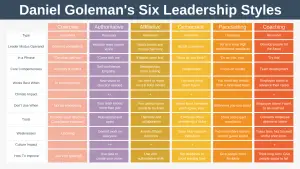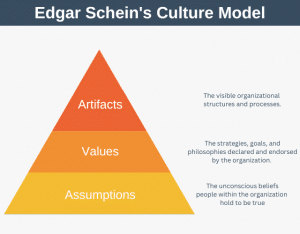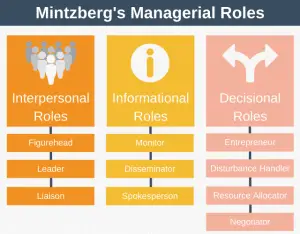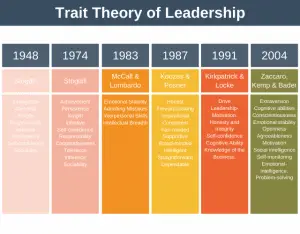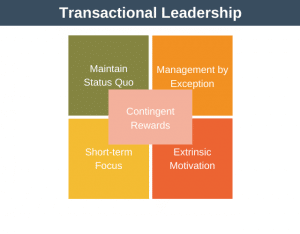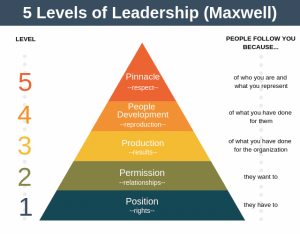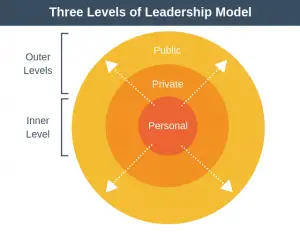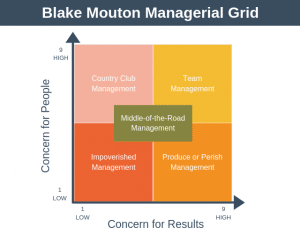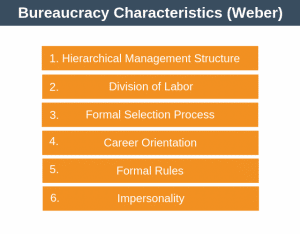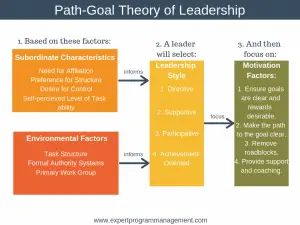In large organizations, who you know is just as important as what you know. Large organizations have both a formal and informal power network in operation, which it is important to tap into if you want to get things done.
In order to have an effective network, you need to include a range of different power types (or people types) within your network. To help you remember the people types you need we’ll use the acronym GRANTS:
- Gatekeepers
- Resources
- Authorizers
- Network Hubs
- Technical Influencers
- Sponsors
Let’s examine each of these power types in turn.
Gatekeepers
The classic gatekeeper is a secretary or personal assistant. These people can help you get access to top executives who are difficult to reach by other means. It is important to spend time building a relationship with gatekeepers – always treat them with respect and never treat them as simply a stepping stone on your way to power.
Resources
These are the resources that work for you that you can use to get things done. However, in reality, you’re likely to need more than just your own resources to get things done successfully. To be effective you will need to also leverage resources throughout the rest of the organization. This is done by building influence and making alliances over time with those resources outside your immediate authority.
Authorizers
This refers to your boss. Read the following article to learn about
managing your boss. It is also important to remember that loyalty is the most prized attribute in a direct report, closely following (or even interlinked) with performance.
Network Hubs
If you think about any network there are always hub nodes. For example, major airports are the hubs of the air travel industry, servicing the most people via the most routes. It’s the same on the Internet. There are hub sites where people spend most of their time, which seem to be connected massively, for example, Google and Facebook. It is the same in organizations. A great example of an easy to reach network hub is a personal coach who is shared by several top executives. They have little formal influence or power making them easy to reach.
Technical Influencers
These are people who lack formal authority over things but yet are able to veto them. Classic examples include finance managers and important software architects. This power of veto means it is essential to have them on your side to be successful. Involve them early in any initiatives you plan to undertake and make sure that their
win conditions are met.
Sponsors
Sponsors are power figures. These are people at least one level above your boss. These people can act as your coach and mentor. To find a successful mentor you should offer your services to them, making yourself useful for special projects and odd jobs. In return, they will look after your interests. This contract is of course informal. Sponsors are great for helping you create a sense of urgency when initiating new projects or programs.
Conclusion
I first read about the concepts described above, including the acronym GRANTS in the book
How to Lead, by Jo Owen. This acronym serves as an aid to help me remember to build a broad base of connections into my professional network, each having a specific purpose and helping to create greater leverage with the organization.

